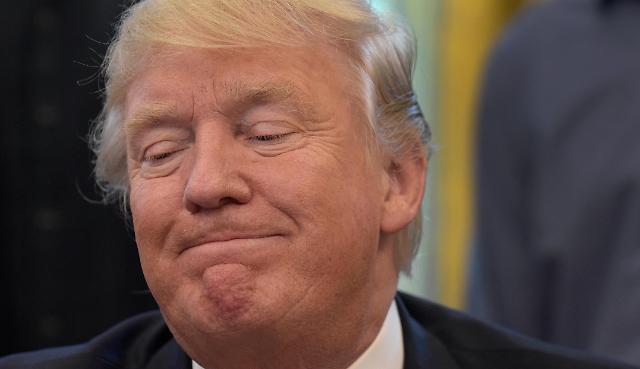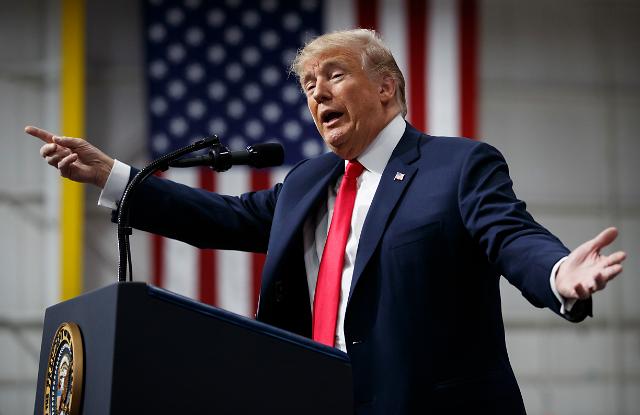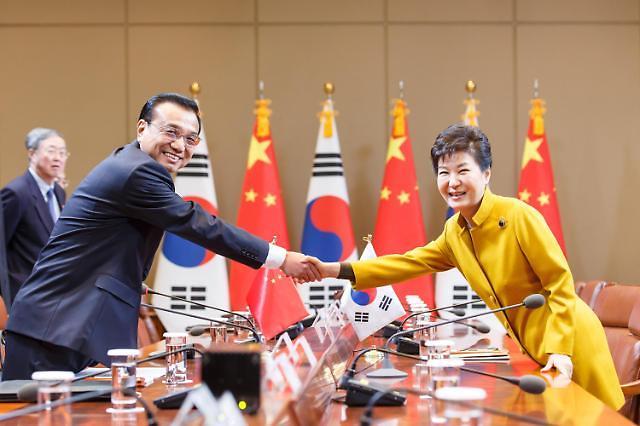[AP/Yonhap News Photo]
The United States formally notified South Korea that it wants to start the process of revising the free trade agreement between the two countries, the office of the US Trade Representative said.
USTR Robert Lighthizer made the notification in a letter to South Korean Trade Minister Joo Hyung-hwan, calling for the convening of "a special Joint Committee meeting under the US-Korea Free Trade Agreement (KORUS) to start the process of negotiating to remove barriers to U.S. trade and consider needed amendments to the agreement," the office said in a statement.
In the letter, Lighthizer said the US wants to hold the meeting to "consider matters affecting the operation" of the trade pact, "including possible amendments and modifications." He proposed that the meeting take place in Washington next month.
"I believe that this session and follow-on negotiations will provide an opportunity to review progress on the implementation of the Agreement, resolve several problems regarding market access in Korea for US exports, and, most importantly, address our significant trade imbalance," Lighthizer said in the letter. "Korea is an important ally and key trading partner and in order to strengthen our relationship, we need free, fair, and balanced trade," he said.'
Lighthizer also noted that US President Donald Trump and South Korean President Moon Jae-in committed to "foster expanded and balanced trade while creating reciprocal benefits and fair treatment" when they held their first summit in Washington late last month.
"It's imperative that we work together to ensure that the economic partnership between our two countries is not only strong and vibrant, but also fair, and that the KORUS Agreement benefits the US economy as much as it does that of Korea," he said.
Lighthizer said that reducing trade deficits with its trading partners around the world is a key focus of the Trump administration, and the US has "real concerns about our significant trade imbalance with South Korea." He also said that the US has had a persistent goods deficit with Korea for nearly two decades.
"When the KORUS Agreement was negotiated, expectations were high that both of our economies would realize significant gains," he said. "However, our overall deficit with Korea has increased, and our goods deficit has doubled since the Agreement entered into force," he said. "It is critical that we achieve real progress that fosters a truly fair and level playing field, and a more balanced trade relationship."
(Yonhap)
Copyright ⓒ Aju Press All rights reserved.





